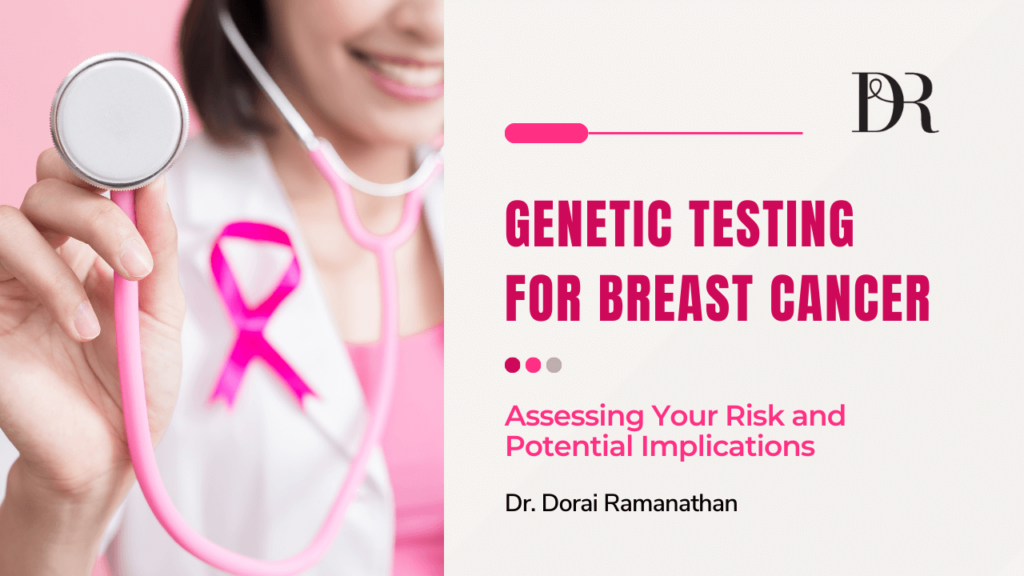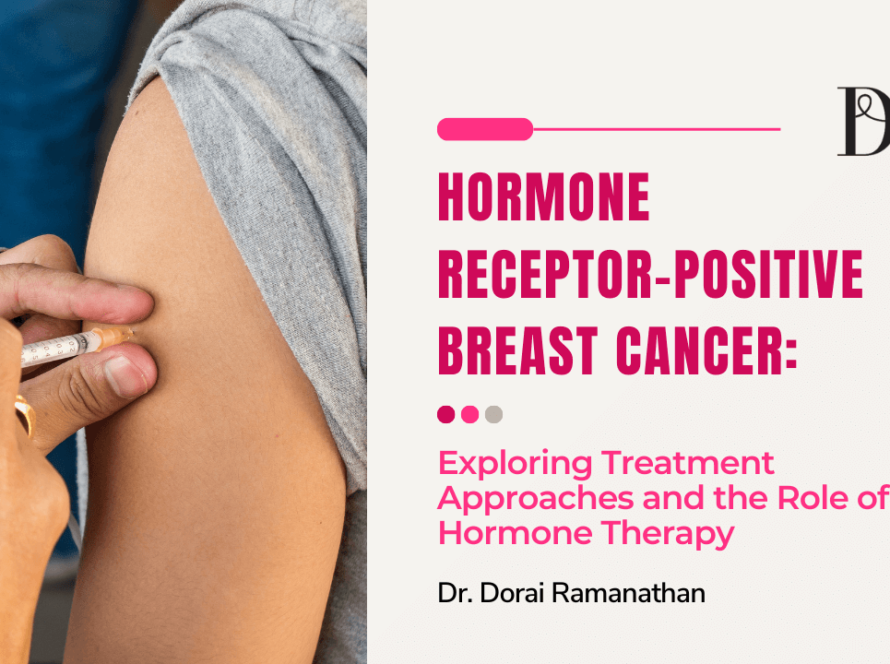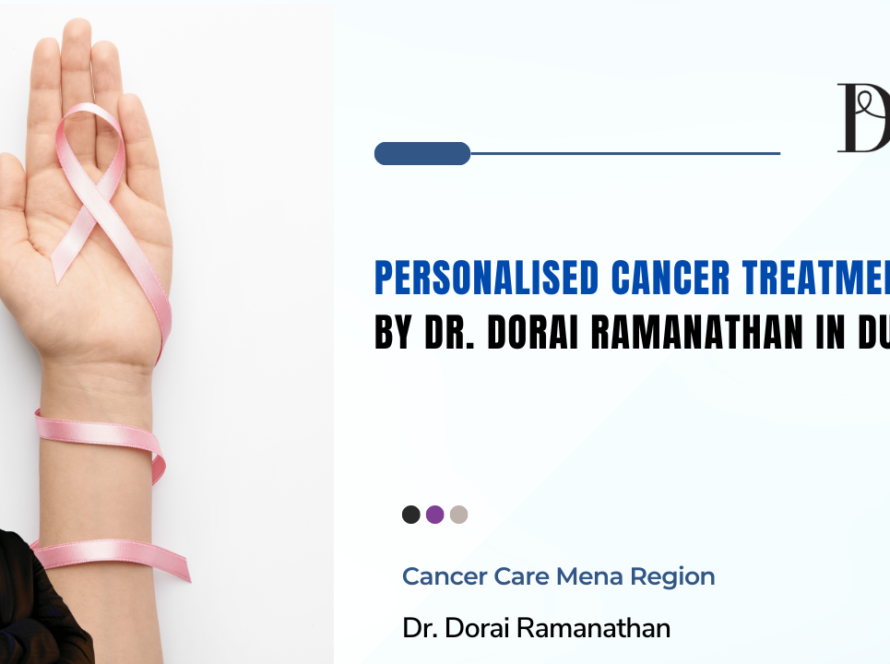
Breast cancer is a complex disease influenced by various factors, including genetics. Genetic testing has revolutionized our understanding of breast cancer risk and has significant implications for personalized healthcare. In this blog, we will explore the importance of genetic testing, how it assesses your risk, and the potential implications it may have on your health journey.
Understanding Genetic Testing
Genetic testing involves analyzing specific genes associated with an increased risk of developing breast cancer. The most well-known genes are BRCA1 and BRCA2, but there are several others that can provide valuable insights. These genes help identify inherited mutations that can significantly impact your risk of developing breast cancer.
Assessing Your Risk
Genetic testing plays a crucial role in assessing an individual’s risk of developing breast cancer. If you have a family history of breast cancer, especially with close relatives like parents or siblings, you may have an increased likelihood of carrying genetic mutations. Testing can help identify these mutations, allowing for proactive measures to manage your risk effectively.

Implications of Genetic Testing
- Personalized Risk Assessment: Genetic testing provides a clearer picture of your individual breast cancer risk. With this information, healthcare providers can tailor screening protocols, surveillance plans, and preventive measures to match your specific needs.
- Informed Decision-Making: If you test positive for a genetic mutation, you gain valuable knowledge about your risk profile. Armed with this information, you can make informed decisions about preventive measures, such as increased surveillance, risk-reducing surgeries, or lifestyle modifications.
- Familial Implications: Genetic testing extends beyond the individual and can have implications for family members. If you carry a genetic mutation, your relatives may also be at an increased risk. Testing can help them understand their own risk and take necessary actions to protect their health.
- Treatment Strategies: Genetic testing results can influence treatment decisions if you have been diagnosed with breast cancer. Certain genetic mutations may impact treatment response, guide targeted therapies, or influence surgical options. Understanding these genetic factors can lead to more effective and personalized treatment plans.
- Emotional and Psychological Considerations: Genetic testing can evoke a range of emotions, including anxiety, fear, and uncertainty. It is essential to have access to supportive resources, genetic counselors, and healthcare professionals who can provide guidance and address your concerns throughout the process.

The Importance of Genetic Counseling
Genetic counseling is a vital component of the genetic testing process. Genetic counselors are trained professionals who help interpret test results, assess risk, and provide guidance on the implications of genetic testing. They offer emotional support, facilitate informed decision-making, and ensure you have a comprehensive understanding of your genetic profile.
Conclusion
Genetic testing for breast cancer offers valuable insights into your risk profile and potential implications for your health. It empowers you with the knowledge to make informed decisions and take proactive measures for risk management. If you have a family history of breast cancer or other risk factors, consider discussing genetic testing with your healthcare provider or a genetic counselor. Together, you can assess your risk and develop a personalized plan for your breast health journey.



